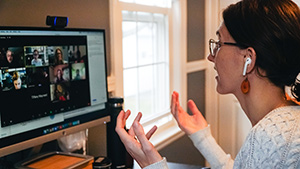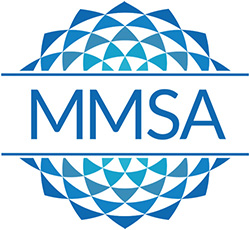2021 is here and MMSA is full of hope as we look to the future. In 2020 we were able to support the work of 2,300 educators across the country, over 2,000 of them from Maine. This is even more educators than in 2019! We were able to do this by revising our professional learning strategies to be more flexible, responsive, and interactive in the virtual learning space than we ever have before.
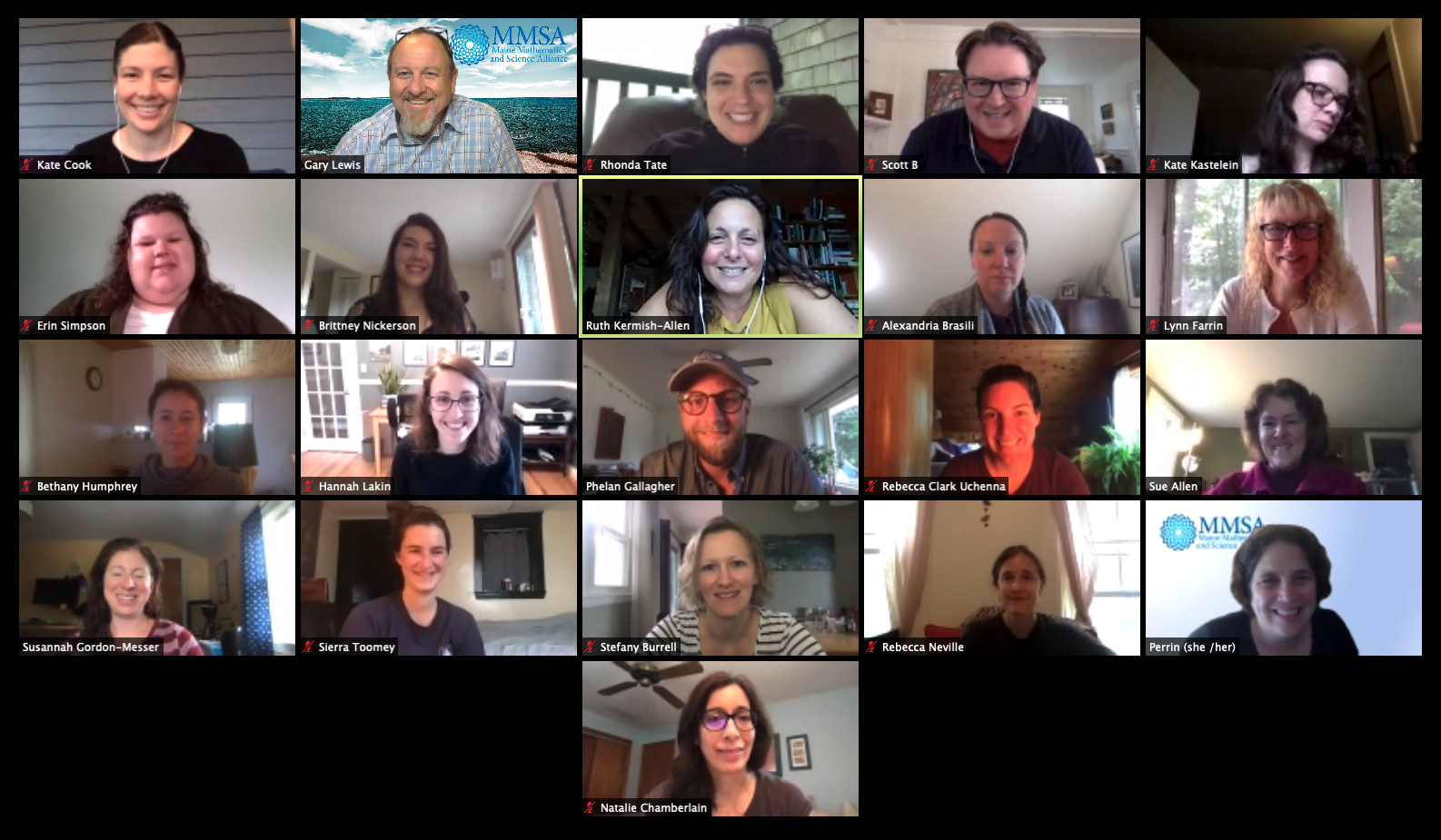
STEM Education Professional Learning Programming:
Afterschool Coaching for Reflective Educators in STEM (ACRES)
Major Accomplishments During This Quarter:
- The ACRES coaches facilitated 22 cohorts
- Three new states have signed on to receive coaching: KY, NC, and VA
- Submitted our scale up grant for the next round of funding
Program Highlights:
“I would say that it was a hands on training with amazing documents that we continue to use to this day. It was great for staff to get together in a format with someone besides me, explaining how to work with STEM projects with students”. ~TRACI PETERSON
INCLUDES: Broadening Participation of Rural Young Women in Math Intensive Fields
Major Accomplishments During This Quarter:
- Attended INCLUDES 2-day, Virtual, PI Summit
- Officially launched INCLUDES with PI Meeting
Program Highlights:
The PI Summit, hosted by AAAS, took place on Thursday and Friday, December 3rd and 4th. At this summit, new INCLUDES partners met with established project leaders to share our work. Through small, breakout room discussions, and larger feedback, we were thrilled at the response to our project.
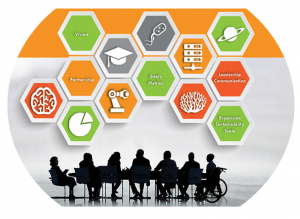
Our innovative approach of utilizing the Research to Practice Partnership format garnered much attention and helped us realize one of MMSA’s unique niches and what expertise we can offer the network. The summit further energized us for this fast-paced planning year. We hope to take the lessons learned from our new colleagues as well as our RPP to the next level in the INCLUDES network via a larger grant proposal in the coming year.
PeBLES2
Major Accomplishments During This Quarter:
- Successful project launch with Advisory Board
- Completion of project roadmap and timeline
- Team training on EQuIP rubric
Program Highlights:
While the enthusiasm and expertise of the Advisory Board is admirable, their response to the work and the structure of the meeting left the PeBLES2 team feeling even more excited going into the next quarter (if that’s possible).
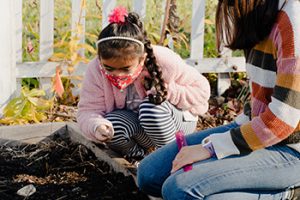 Much intentional work went into the planning and delivery of the advisory board meeting, and that planning did not go unnoticed:
Much intentional work went into the planning and delivery of the advisory board meeting, and that planning did not go unnoticed:
“This is such a well organized sequence of tasks given that we can’t get F2F!” – Brian Reiser
“Oh my gosh! Will you all run every meeting I’m ever in, please??” – Katie H Taylor
Teach ME Outisde
Major Accomplishments During This Quarter:
- Began writing two Professional Learning Modules alongside a 15-member advisory group
- Convened three Evaluation Collaborative meetings
- Presented two sessions on the Teach ME Outside project at the NAAEE Research Symposium and Conference
- Participated in a ReThink Outside Strategic Storytelling workshop
- Co-hosted a 2-part training with MEEA on the K-12 Environmental Education Guidelines for Excellence
Program Highlights:
We reached out to educators to provide quotes for the Teach ME Outside website. This quote is from a principal from Kingfield Elementary School:
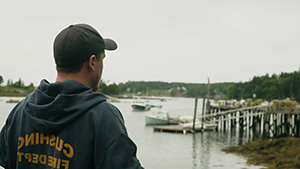 “Professional learning is an essential part of our work as educators. At Kingfield Elementary we’ve worked towards place-based education by participating in professional learning with MMSA, Juniper Hill and others to help us enrich our practice. These opportunities have provided us with great content knowledge and pedagogical ideas and make us feel more connected inside our school community and to our colleagues around the state. These chances to share, laugh and grow have led to growth in our capacity for making positive change.”
“Professional learning is an essential part of our work as educators. At Kingfield Elementary we’ve worked towards place-based education by participating in professional learning with MMSA, Juniper Hill and others to help us enrich our practice. These opportunities have provided us with great content knowledge and pedagogical ideas and make us feel more connected inside our school community and to our colleagues around the state. These chances to share, laugh and grow have led to growth in our capacity for making positive change.”
~Johanna Prince, Principal, Kingfield Elementary School
REACH
Major Accomplishments During This Quarter:
- Held three teacher meetups for Maine State Science Fair (MSSF) via Zoom
- Held six student meetups for MSSF via Zoom
- Recruited 19 Maine schools to participate in virtual Family Code Nights
- Convened 140 U.S. state and regional science fair directors in a meeting about virtualizing their 2021 events
Program Highlights:
In our MSSF student meetups, we bring students together to discuss their projects.
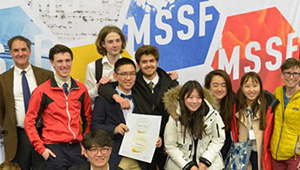 We use a facilitation protocol called peeling the onion in which students take turns describing their project and presenting a dilemma they’re currently facing; the group asks clarifying questions and then the presenting student listens to the ideas of their peers.
We use a facilitation protocol called peeling the onion in which students take turns describing their project and presenting a dilemma they’re currently facing; the group asks clarifying questions and then the presenting student listens to the ideas of their peers.
Lily, a 9th grader at Medomak Valley High School, reflected on her experience: “Talking with the attendees at last week’s MSSF meet really helped me clear and arrange some of the thoughts in my head. Before, I didn’t really have any fully formed ideas for what I wanted to do my project on and didn’t know how to go about getting those, but you really got my mental gears turning.”
STEMports
Major Accomplishments During This Quarter:
- Playtested quests at the MOFGA campus in October with MMSA staff, family and friends;
- Led virtual multi-session co-design workshops for 48 freshmen at Telstar Academy;
- Held weekly after-school workshops with a group of middle school students from Great Salt Bay Community School in Damariscotta.
Program Highlights:
During November and December, we worked with freshmen at Telstar Academy to design and playtest quests for their campus.
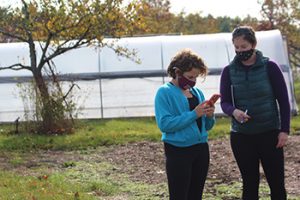 We held weekly virtual sessions with classes and students worked with their teachers in between sessions to complete the project.
We held weekly virtual sessions with classes and students worked with their teachers in between sessions to complete the project.
Tara Pocock, their teacher and a 4H educator said that she was initially wary that the technology would take away from the experience of being outside but, when we followed up with her after, she shared “I’ve had to shift my thinking a little bit, to like, realize that some of those kids wouldn’t be accessing the outdoors, were it not for the technology, and really looking at and exploring some of those aspects of nature, independently without the use of technology. So it’s kind of like a gateway to introducing them to nature through something that they’re comfortable with already.”
WeatherBlur
Major Accomplishments During This Quarter:
- WB teachers and students registered and began using the newly designed weatherblur.com website;
- Held “Scientist Panels” for all WB participants;
- Classrooms completed the first phase of WB, iWonder and SMART Questions;
- Continued to hold monthly Teacher Advisory Group (TAG) Meetings;
- Classrooms started developing investigation protocols related to student-driven SMART Questions.
Program Highlights:
With support from WB scientists, teachers and students will conduct their investigations in Winter 2021.
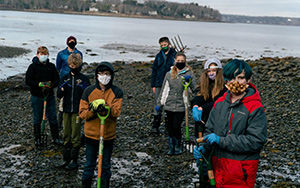 WB Scientists were able to connect to classrooms using Google Meets and held several interactive “Scientist Panels”, where students asked questions directly to WB scientists. WB staff continued to hold monthly TAG meetings focused on the newest element of WB, Computational Thinking.
WB Scientists were able to connect to classrooms using Google Meets and held several interactive “Scientist Panels”, where students asked questions directly to WB scientists. WB staff continued to hold monthly TAG meetings focused on the newest element of WB, Computational Thinking.
WB program staff continued to stay connected with teachers through weekly Zoom sessions in the fall. Throughout the school year, teachers will be able to ask questions directly to staff, while also connecting with fellow peers, helping to work through any issues through these Zoom check-ins. WB scientists are also connecting with teachers and students through the WB website and Zoom.


